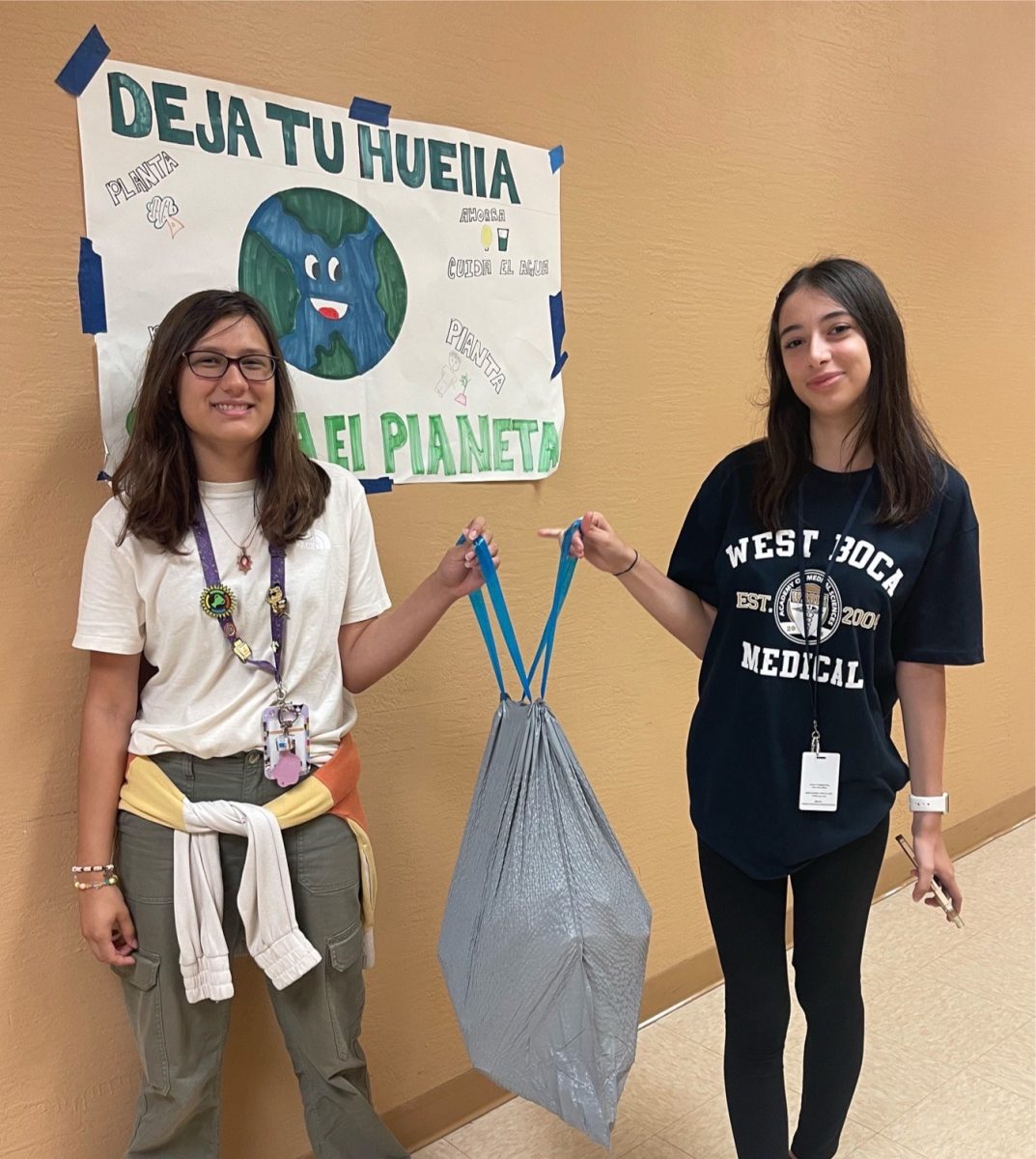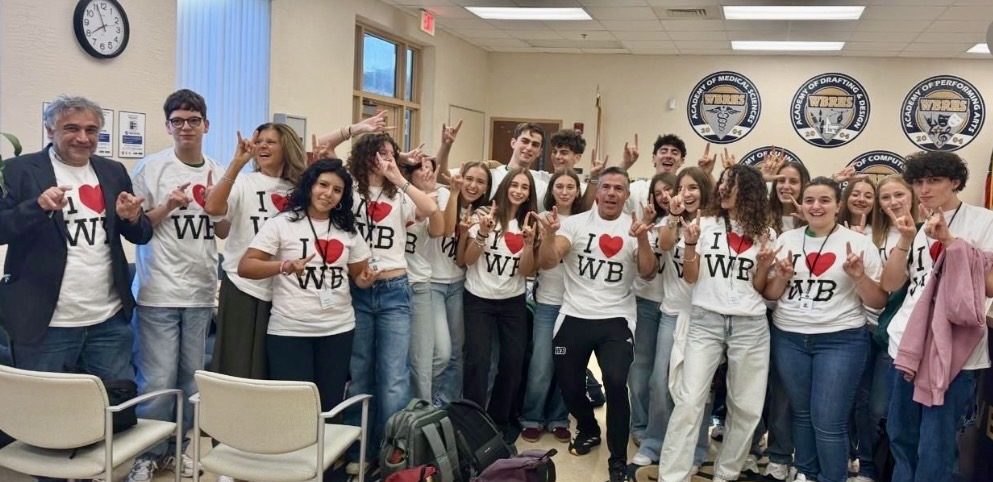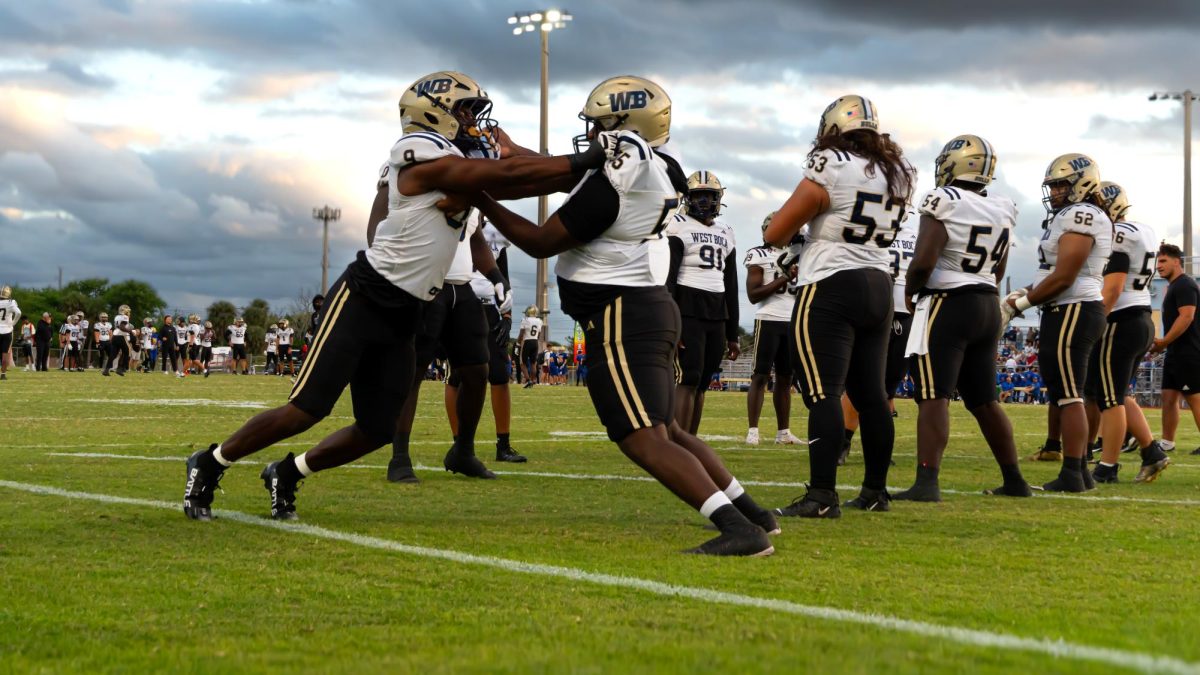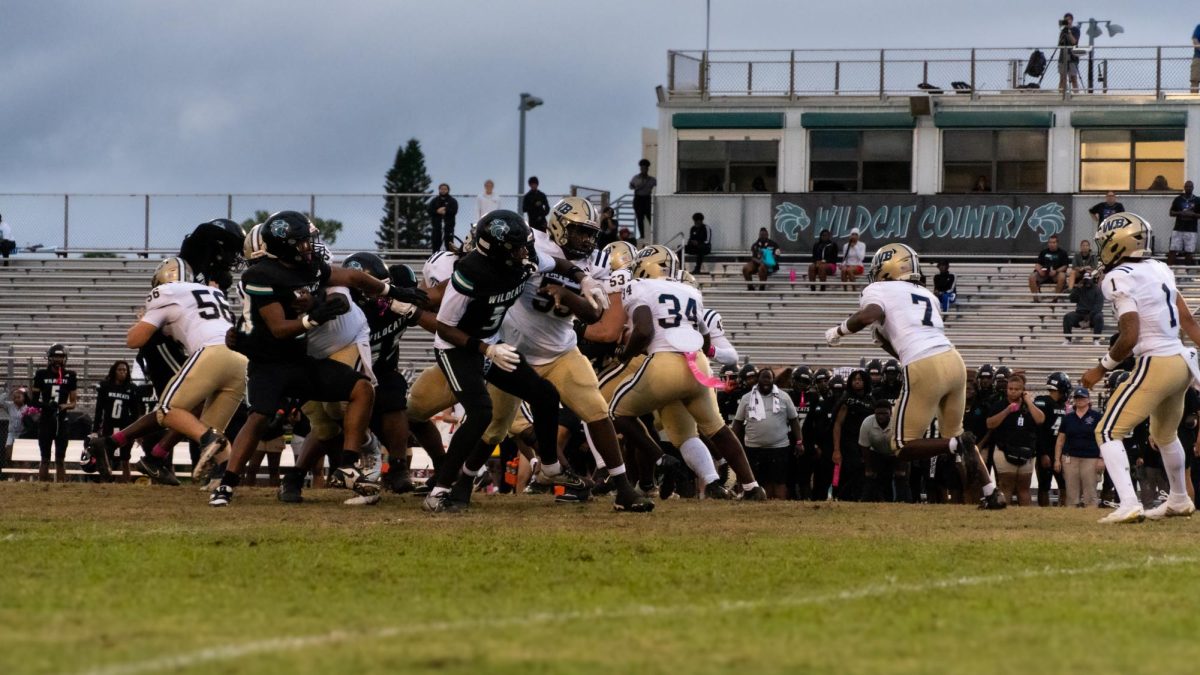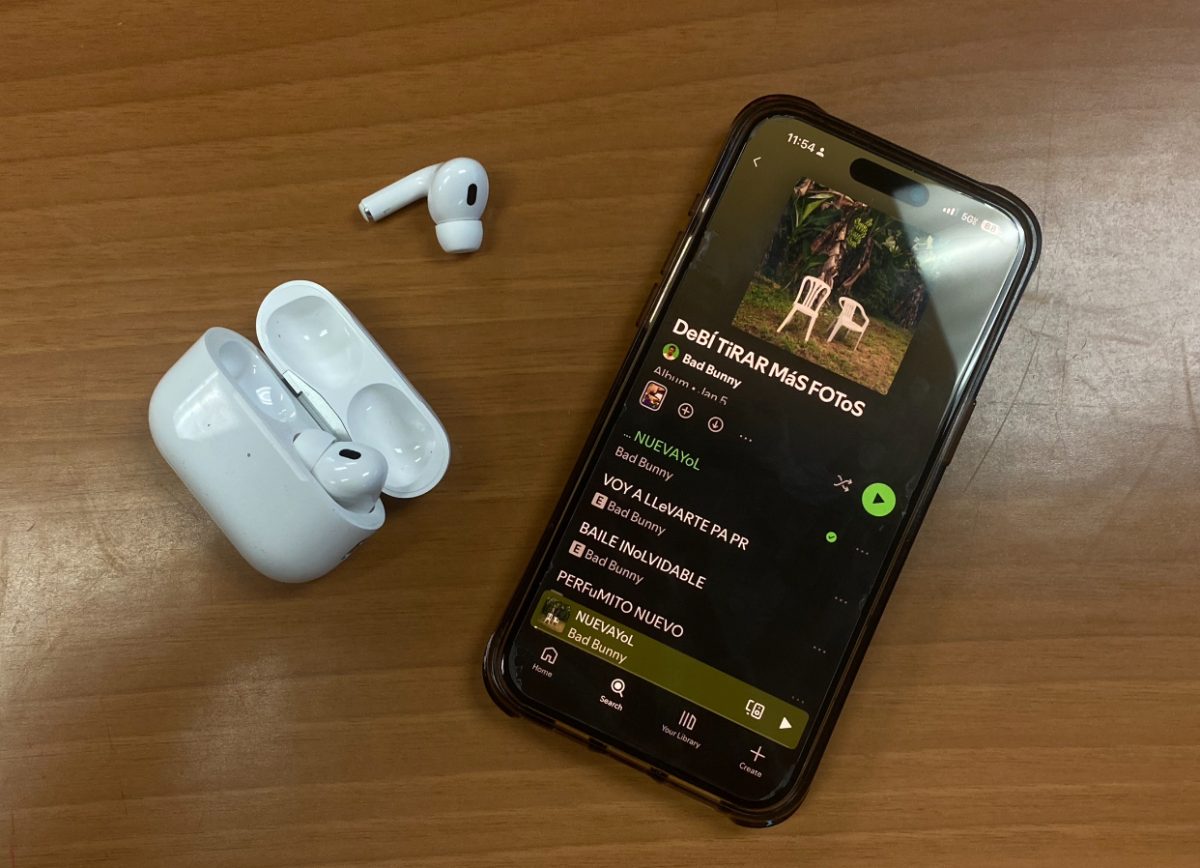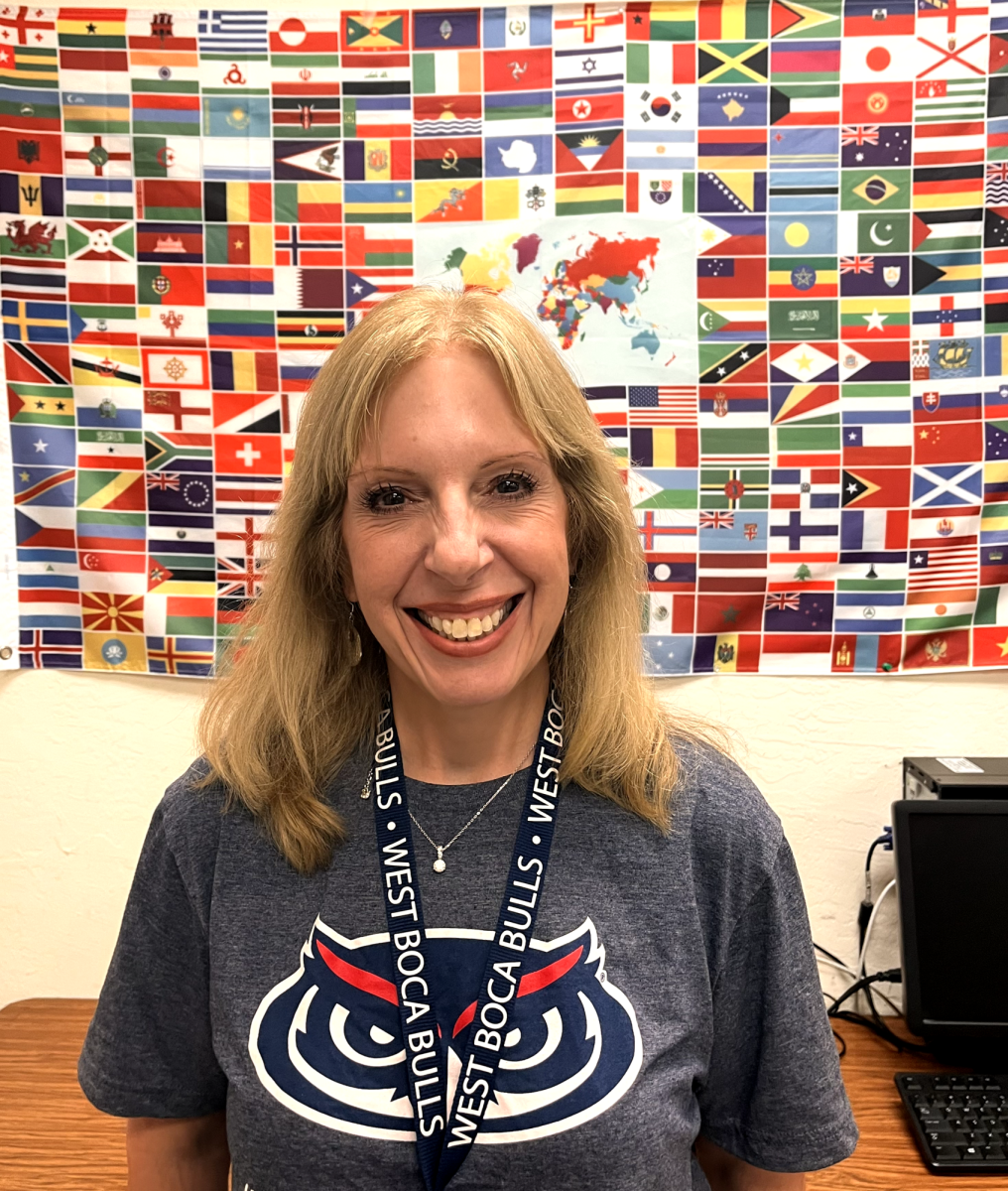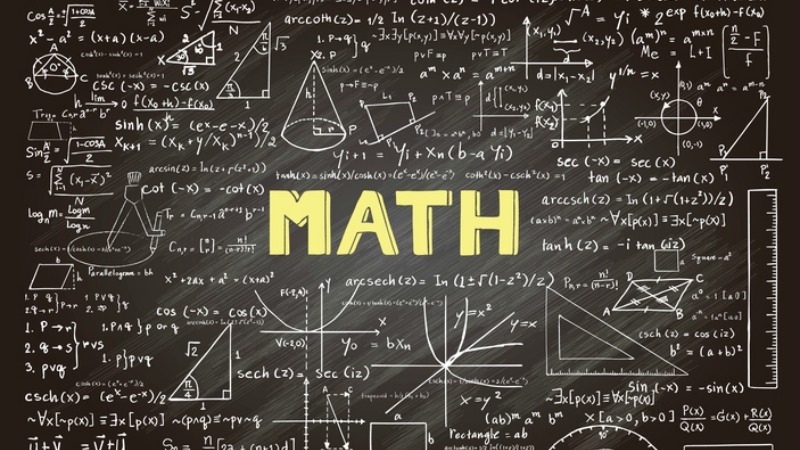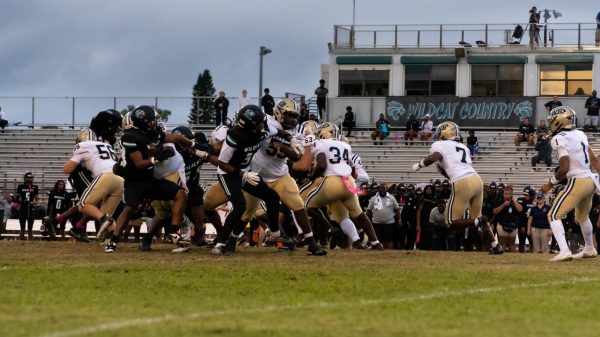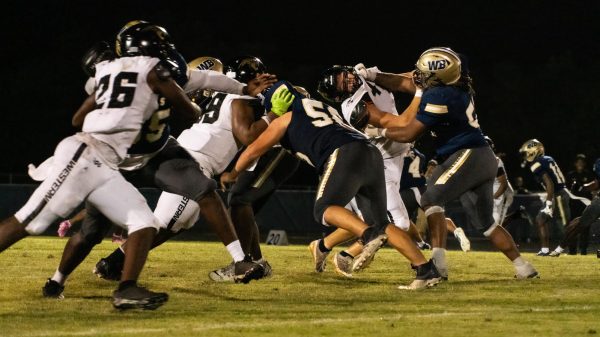The Universal Language
February 5, 2019
Everyday, kids go to math class around the world and the majority of people dread it in fact. However, what people forget is that they are learning a universal language. By definition, a language is a system of communication that has vocabulary, grammar, and syntax. Although math seems unconventional in comparison to custom language, it meets all of the pre-requisites and is in fact a huge advantage to those with a vast understanding of the subject.
Vocabulary is the body of words in a particular language. Vocabulary in math takes from different alphabets and includes unique symbols. Numerals, fractions, variables, expressions, diagrams are all examples of nouns. Verbs include: equalities, inequalities, addition, subtraction, multiplication, division, sin, cosin, etc. Also, within the language one would find infinitives, conjugations, adjectives, and more.
Grammar is a set of rules that outline how vocabulary is used in a language and syntax organizes symbols into linear structures, which in math would be equations. All math equations are read left to right, despite the native language and rules such as PEMDAS give order to solving equations that is constant. Although 3 + 5 = 8 doesn’t seem like a sentence, the numbers act as nouns while the signs act as verbs. Math class is similar to English class in the sense that grammatical rules are learned and practiced while students expand their vocabulary of each subject.
In contrast, there are arguments against math being a language. Some definitions state that a language needs to be fluent verbally. Simple problems are easily stated aloud, however more intricate problems in calculus are obstacles. To express what falls inside a parentheses in a convoluted equation can be difficult. Interestingly, by this definition sign language is not considered a language. In a poll I conducted, I asked students and faculty if they think math is a language then followed up by asking if they think sign language is a language. 66% of people thought math wasn’t a language and 91% of people thought sign language was a language. After explaining the definition of a language and providing the arguments for and against math, majority of people changed their mind for both answers.
The two sided debate brings about a controversial question: if a person is good enough at math should they be considered bilingual? At West Boca, we have a certificate one can earn for passing certain exams and taking a foreign language for 4 years. If math should be considered a language, year 2 AP Calculus students should be eligible for a similar certification. People in the higher math classes can literally have full conversations regarding math equations or concepts that people could interpret as an alien language. This form of communication is arguably harder to learn and understand than many foreign languages and credit is due!

